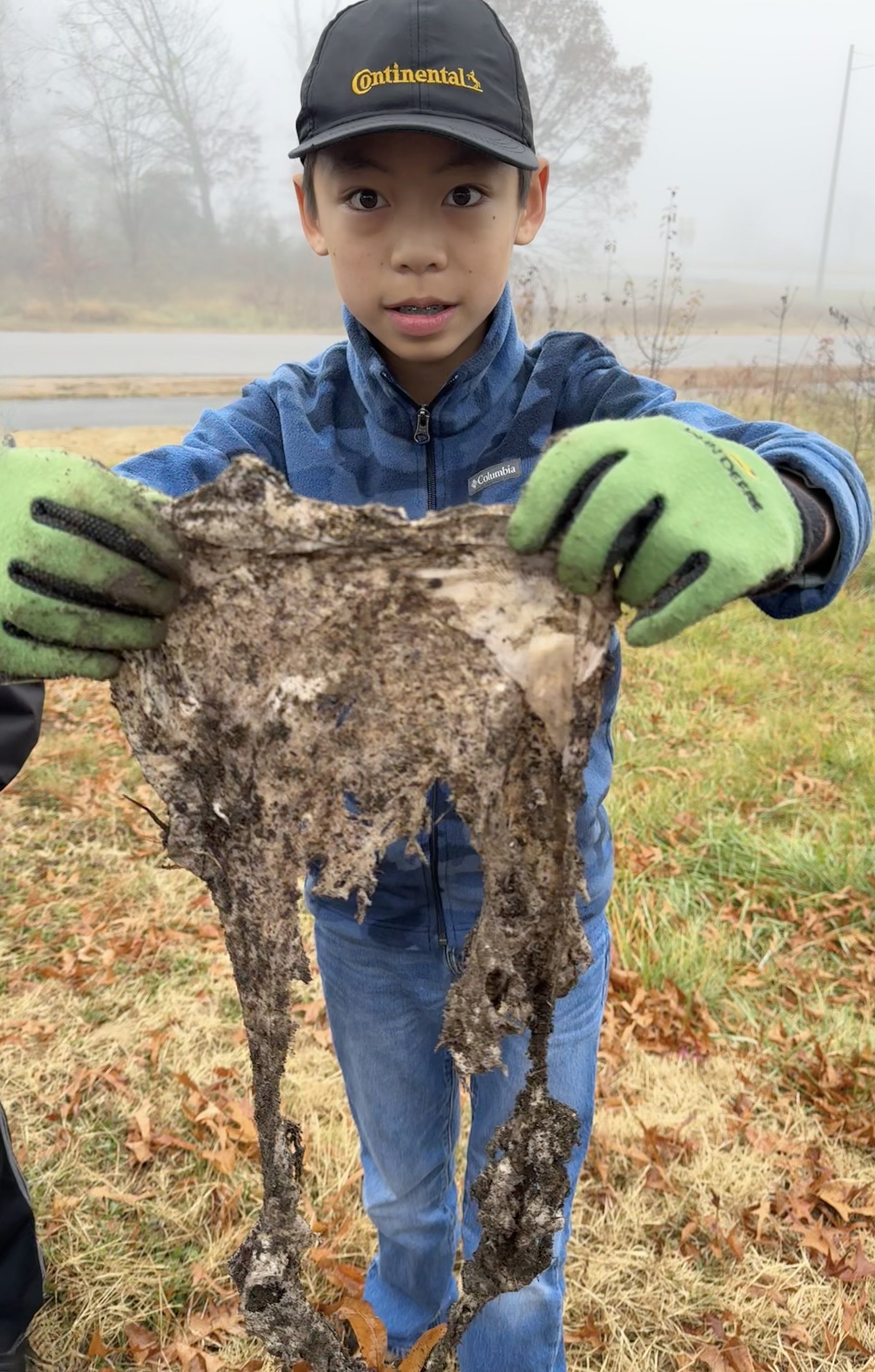Wednesday, December 6, 2023
The battle against pollution, and against the Northern Virginia Soil and Water Conservation District’s own anonymity, requires some creative approaches to getting their message out and generating interest. One of those recent efforts is a challenge called “Soil Your Undies.” Surely a project title that teases a further read.
Remember the Conservation District? You recently saw candidates on your voting ballot in the November general election seeking positions on its board of directors. The sometimes overlooked department is carrying on with its mission to promote soil and water conservation in Fairfax County. Three newly elected directors will assume their duties in January, Dana Barakat, Rhonda Bitterli and Christopher Koerner. They, and the District’s staff, seek to provide technical expertise to help residents bring conservation home, prevent pollution, reduce runoff, and protect our streams and rivers. They are not above discussing dirty undies to do it.
The challenge, offered to residents across the county, — bury a pair of cotton underwear,
as part of a campaign to promote soil health awareness. How does it work? Just bury a pair of fresh, clean cotton underwear and dig it back up after at least 60 days. It’s the quick, “and dirty”, way to test the microbial activity in your soil. The more the underwear deteriorates, the healthier your soil. Although you can use the Soil Your Undies Challenge to check your soil health at any time, the most microbial activity occurs during the warm summer months.
The Laurel Hill Park Volunteer Team (PVT), a group aligned with the Fairfax County Park Authority, undertook the challenge in October to make a Fall assessment. With prior approval of the Park Authority, they dug two shallow holes to the suggested depth and buried new, clean babies’ cotton onesies during a regular work session. One cloth went into a grassy area; one into a spot where a tree had been removed. The locations were flagged with notice of the citizen science project to avoid speculation about why baby’s underwear was buried in the park should the apparel be discovered unintentionally. After burial and marking, the PVT merely had to wait the recommended 60 days, hopefully, enough time to allow microbes to do their work.
Fast forward 60 days, to Dec. 2, and the team’s wait for the reveal was over. Time to dig up the onesies. Healthier soils have a lot of microbial activity, and the healthy fungi and bacteria in the soil break down the cotton. The more degraded the undies, the more microbial activity in the soil, and the healthier it is.
What did the PVT discover? Shovels in hand, and acknowledging the expectation of lower activity in Fall than Summer, the team eagerly dug in the loose soil. They first found grubs and earthworms. Then found the undies and evidence of microbes at work. The undies could be located but with considerable break down. Those results. In cooler Fall months, create an urge to repeat the experiment in the summer to compare the resulting activity in warmer temperatures. Citizen science experiments make a fun way to soil your undies.
If interested in volunteering for other conservation programs under the Conservation District, see https://www.fairfaxcounty.gov/soil-water-conservation/volunteering.
